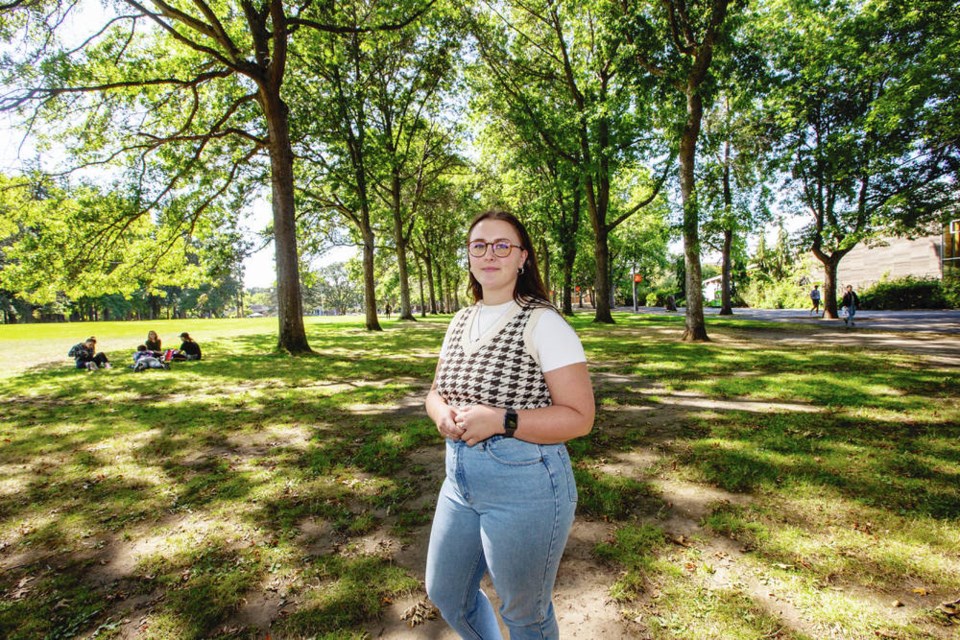The University of Victoria and Royal Roads University are asking all students and employees to declare they are fully vaccinated or undergo periodic rapid testing. Vancouver Island University will also be asking community members to declare their vaccination status, the university said Friday, and details are still being worked out around what accommodations will be in place for those who cannot be vaccinated for health, religious or other protected reasons.
The new policy at UVic extends to cover all indoor spaces on campus, which means entry to classrooms, laboratories, learning areas, student support centres and wellness centres, and general working areas will require proof of vaccination or periodic rapid testing, said Kane Kilbey, associate vice-president of human resources at UVic.
Details about how often those who aren’t vaccinated will need to be tested, how much testing will cost and when the policy will come into effect are still being worked out, Kilbey said. Testing costs will be covered by the university.
Marran Dodds, director of outreach and university relations for the UVic Students’ Society, said the policy will reduce barriers to education for students who are immunocompromised.
“It really alleviates the concerns students have about whether or not their classmates are vaccinated or have COVID. It’s a really good step,” Dodds said. The student union is also pushing for a hybrid learning model to improve access for students who are more vulnerable to COVID-19 or who have barriers to studying in person.
Greg Melnechuk, president of CUPE 4163, which represents about 1,500 staff at UVic — such as sessional instructors, teaching assistants and cultural assistants — said he thought the vast majority of members would feel relieved by the new policy. “There was real concern around the safety of coming back.”
Monica Prendergast, vice-president of the UVic Faculty Association, also welcomed the news, although she said the association has concerns about the process for declaring oneself fully vaccinated.
“A simple self declaration — basically a yes or no survey saying, are you vaccinated? Yes or no — is not good enough. What we’re going to be looking for is some disclosure of vaccination status where some proof is required,” she said.
The university is still working out details of the questions it will ask its 26,000 students and employees, Kilbey said, but it will not require showing proof of vaccination status.
Students and employees will be asked to declare their status, attest that it’s true and consent to providing proof of vaccination if required, he said. The university might do audits, but it will not ask everyone to show proof of being fully vaccinated, Kilbey said.
“We’re going to trust our community to complete this information with the honesty and integrity that we’ve come to expect,” he said.
Kilbey said the university has surveyed its community and the vast majority have said they’re fully vaccinated.
Camosun College said Friday it will not bring in additional measures. The college has shown it can operate safely, with about 30 to 40 per cent of courses held in person over the past year, because they require hands-on training, said college spokesman Rodney Porter.
In addition, colleges are considered agents of government, unlike universities, and must follow government recommendations, he said.



